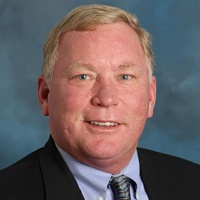Darlington County, SC Felony Lawyers
Not enough matches for Darlington Felony lawyer.
Below are all Darlington lawyers.
John M Ervin III
✓ VERIFIEDCriminal, Litigation
John Ervin began his legal career as a law clerk to Circuit Judge Sydney Floyd in 1985. He returned to Columbia, SC and began prosecuting drug cases a... (more)
Richard Edward Conner
Commercial Real Estate, Real Estate, Wills & Probate, Estate Planning, Estate
Status: In Good Standing
Parker Edwards Howle
Real Estate, Traffic, Family Law, Divorce & Family Law, Collection
Status: In Good Standing
Martin S. Driggers
Real Estate, Estate, Divorce & Family Law, Accident & Injury
Status: In Good Standing


